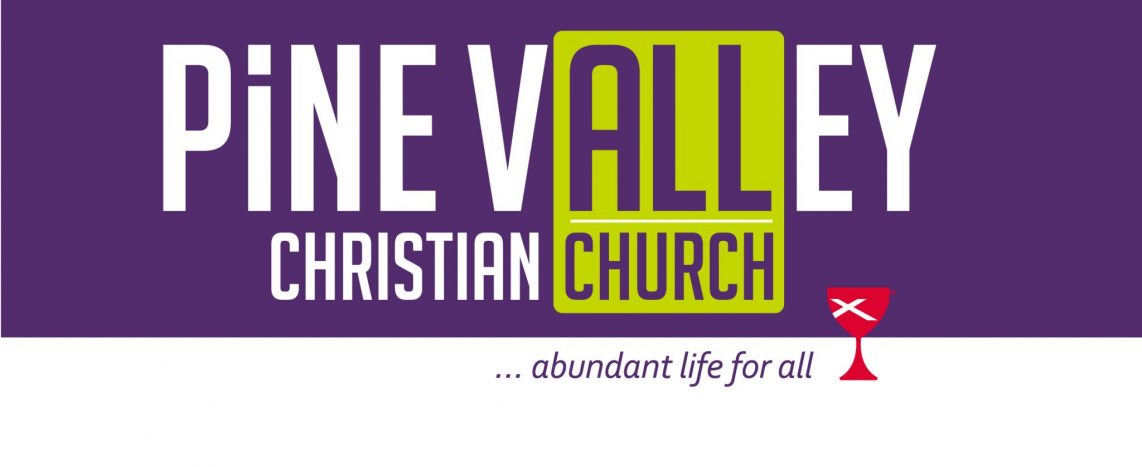Last Sunday, in my Earth Day sermon, I mentioned the name of James Lovelock , a co-founder of Gaia Theory. This theory is changing the way we think about our planet. The basic premise seems simple enough: the earth is a living system. Gaia Theory teaches that our planet is a self-regulating, life-creating, life-sustaining, network of realized and unrealized possibility. Popular authors and lecturers like Bill McKibben and David Korten draw on lessons they are learning from Gaia Theory in their teaching and writing.
Some critics of Gaia Theory argue that it is atheistic. I do not share this view since I believe that all of creation is the ongoing expression of God’s creative, sustaining, renewing love. Other people are critical of Gaia Theory because Gaia was a Greek goddess of creation. Gaia, or Ge, is the root word for “geology” and “geography”. There is nothing in the use of these words that requires us to become believers in Greek mythology.
One of the aspects of Gaia Theory that I find most helpful is that it is interdisciplinary. The theory draws on our knowledge of biology, physics, philosophy, economics, politics, spirituality and the full range of human experience to help us become better stewards of this planet and its ecosystem. Another aspect of this approach that appeals to me is that it is value-based. By using insights drawn from Gaia Theory and related fields we can learn more comprehensive ways to think about ethics, education, our environment and our spirituality.
If you have not heard about Gaia Theory before, I encourage you to explore it and learn more about it. Just type “Gaia Theory” into your search engine. Perhaps it will be something we can discuss in the future. I hope so. I look forward to learning together.
Peace, David Hansen
